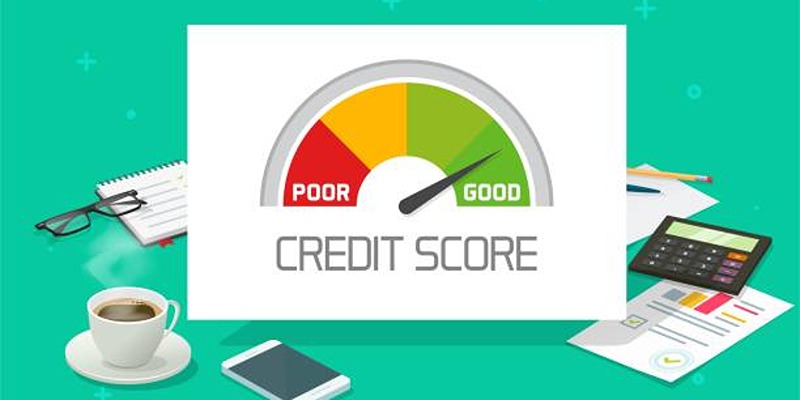How Often Should You Apply for a Credit Card? A Simple Guide
Applying for a credit card can be a smart financial decision, but timing matters. If you apply too often, it might negatively impact your credit score. On the other hand, waiting too long could mean missing out on great benefits or rewards. Finding the right balance is key to ensuring a healthy credit profile while meeting your financial needs. This guide will help you understand how often to apply for a credit card without risking your credit health.
Factors to Consider Before Applying for a Credit Card

It is essential to get familiar with credit profile factors before deciding on credit card application frequency. These include:
Credit Score
The numerical score your creditworthiness earns works as a representation of your ability to handle credit. The scoring system depends on payment records as well as debt levels and time spent in credit programs and different credit types used. Your credit score determines to lenders that you present little risk so you get better borrowing conditions through reduced interest rates and improved credit terms.
Credit History
The way you have handled past debts appears in your credit history. The assessment of your repayment abilities stems from your presented creditworthiness to lenders. The longer duration and good record of your credit history will enhance your prospects for obtaining new lines of credit.
Income
Lenders also consider your income when assessing your loan applications. Your income provides an insight into your repayment capacity. A higher income can improve your chances of getting approved for a credit card and may also increase your credit limit.
Existing Debt
Having too much existing debt can be a red flag for lenders, as it may indicate that you are already stretched thin financially. This could make them hesitant to approve additional credit. It's important to keep your existing debt under control when considering applying for a new credit card.
How Often Should You Apply for a Credit Card?
Now that we have discussed the factors that affect your credit profile, let's look at how often you should apply for a credit card:
Consider Your Current Credit Score
If you have a high credit score (generally above 700), you may be able to apply for a new credit card every 3-6 months without significantly impacting your score. This is because the occasional hard inquiry from a credit card application will have a minimal effect on your score.
However, if your credit score is below 700 or if you have recently had a series of applications, it's best to wait at least 6-12 months before applying for another credit card.
Match Your Credit Needs
Consider why you want to apply for a new credit card and whether it aligns with your current financial needs. If you're looking for specific benefits or rewards that are only offered by certain cards, make sure to do thorough research and compare options before applying. Applying for multiple cards within a short period of time may raise concerns for lenders and could negatively impact your credit score.
Be Mindful of the Hard Inquiries
Every time you apply for a new credit card, the lender will perform a hard inquiry on your credit report. This can temporarily lower your credit score by a few points. While one or two hard inquiries won't have a significant impact, several in a short period can be concerning to lenders.
Mistakes to Avoid
When it comes to applying for a credit card, there are some common mistakes that can negatively impact your credit health:
● Applying for Too Many Cards: Applying for multiple credit cards within a short period of time not only raises concerns for lenders but can also hurt your credit score. It's important to be selective and apply for cards that align with your financial needs.
● Ignoring Your Credit Score: Before applying for any new credit, make sure to check your credit score and review your credit report. This will give you an idea of where you stand and whether or not it's the right time to apply.
● Missing Payments: Late or missed payments can have a significant negative impact on your credit score. Before adding a new line of credit, make sure you have a good track record of making timely payments on your existing debts.
Tips for Responsible Credit Management

Here are some tips to help you maintain a healthy credit profile while managing multiple credit cards:
● Pay Off Balances in Full: Make it a habit to pay off your credit card balances in full and on time each month. This will not only prevent you from accruing interest but also show responsible credit management.
● Monitor Your Credit Reports: Regularly checking your credit reports can help you identify any errors or fraudulent activity that may be impacting your score. You can get a free copy of your report from each of the three major credit bureaus every year.
● Stay Within Your Means: Avoid overspending and only use your credit cards for purchases that you have the means to pay off. This will prevent you from accumulating too much debt and potentially damaging your credit score.
Conclusion
The frequency of applying for credit cards should be determined by your current credit score and financial needs. It's important to maintain a healthy credit profile by being selective with your applications, monitoring your credit reports, and using credit responsibly. By following these tips and guidelines, you can improve your chances of getting approved for new lines of credit and maintaining a strong credit score in the long run.












